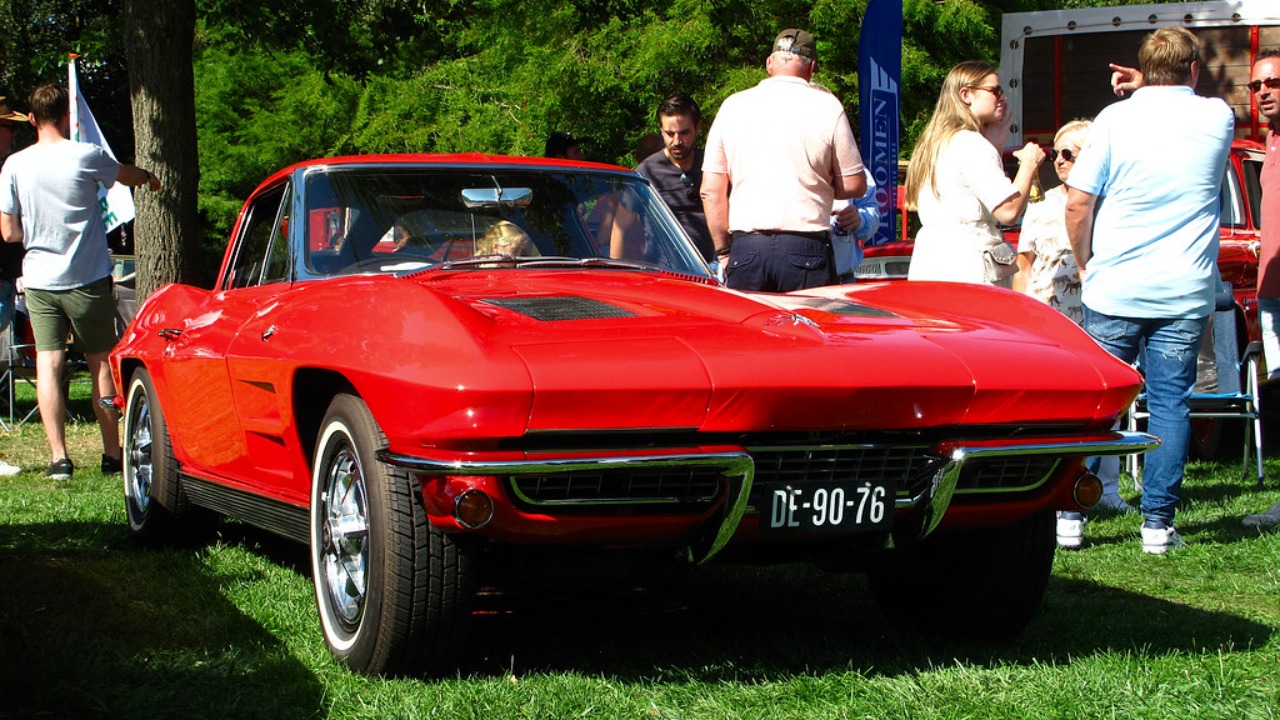Dyno tuning is a crucial process for optimizing a vehicle’s performance, yet it’s often misunderstood or overlooked by many car enthusiasts. Delving into what dyno tuning involves and why it’s essential for both everyday drivers and serious racers can illuminate its significance in enhancing automotive experience.
Understanding Dyno Tuning

Definition and Purpose
Dyno tuning, short for dynamometer tuning, is a method used to optimize a vehicle’s engine performance. It involves adjusting the engine’s parameters to achieve the best possible power output, efficiency, and drivability. This process is beneficial for a wide range of vehicles, from a 1998 Honda Civic to a 2022 Ford Mustang, as it tailors the engine’s performance to meet the driver’s needs and the vehicle’s capabilities.
The primary goal of dyno tuning is to achieve a balanced engine setup that maximizes power and efficiency while maintaining reliability. It is especially beneficial for vehicles that have undergone modifications, such as a turbocharged 2015 Subaru WRX, as these changes often require recalibration to ensure optimal performance.
The Process of Dyno Tuning
The dyno tuning process involves the use of a dynamometer, a device that measures the power output of an engine. The vehicle is placed on the dyno, and various sensors are attached to monitor engine parameters such as air-fuel ratio, ignition timing, and throttle response. The tuner then makes adjustments to the engine’s ECU (Engine Control Unit) to optimize these parameters.
A typical dyno tuning session for a 2020 Chevrolet Camaro might begin with baseline runs to assess the vehicle’s current state. The tuner will then proceed with incremental adjustments, testing and measuring the results after each change. This iterative process continues until the desired performance improvements are achieved.
Benefits of Dyno Tuning

Performance Enhancement
One of the most significant benefits of dyno tuning is the increase in engine power and torque. By fine-tuning the engine’s parameters, a 2018 BMW M3 can see substantial improvements in performance, resulting in faster acceleration and better overall responsiveness. This is particularly important for enthusiasts who participate in track days or other competitive driving events.
In addition to raw power gains, dyno tuning can also enhance throttle response and drivability. A well-tuned 2016 Mazda MX-5 Miata, for example, will deliver a smoother and more predictable driving experience, making it a joy to drive both on the street and on the track.
Fuel Efficiency and Emissions
Proper dyno tuning can lead to significant improvements in fuel economy. By optimizing the air-fuel mixture and ignition timing, cars can achieve better mileage per gallon, reducing the frequency of trips to the gas station. This is especially beneficial for daily drivers looking to minimize their fuel expenses.
Furthermore, dyno tuning can help reduce a vehicle’s emissions, making it more environmentally friendly. By ensuring that the engine is running efficiently.
Common Misconceptions

Myths About Dyno Tuning
There are several myths surrounding dyno tuning, one of the most prevalent being that it is only necessary for race cars. While it’s true that racing vehicles like a 2020 Porsche 911 GT3 benefit immensely from tuning, everyday cars such as a 2010 Ford Focus can also see improved performance and efficiency through the process.
Another common misconception is that dyno tuning is prohibitively expensive and unnecessary. In reality, the cost of a tuning session is often outweighed by the long-term benefits of enhanced performance and fuel savings. A well-tuned vehicle is also less likely to suffer from engine issues, potentially reducing maintenance costs over time.
Risks and Precautions
While dyno tuning offers many benefits, there are potential risks if it’s not done correctly. Incorrect tuning can lead to engine damage, as components may be pushed beyond their limits. For instance, a misconfigured 2014 Nissan GT-R could experience issues like overheating or detonation, leading to costly repairs.
To ensure a safe and effective tuning process, it’s crucial to choose a reputable tuning professional. This includes verifying their experience with specific vehicle makes and models. Additionally, following recommended maintenance schedules and using high-quality parts can help mitigate risks associated with tuning.
Choosing a Dyno Tuning Expert

Qualifications and Experience
When selecting a dyno tuning expert, it’s essential to consider their qualifications and experience. A reputable tuner should have a proven track record with vehicles similar to yours, whether you’re driving a 2019 Dodge Charger or a 2015 Volkswagen Golf GTI. Experience with specific makes and models ensures that the tuner understands the intricacies of your vehicle’s engine and can make the necessary adjustments safely.
It’s also beneficial to look for tuners who have certifications or affiliations with recognized automotive organizations. These credentials can serve as a testament to their expertise and commitment to professional standards.
Questions to Ask
To assess a tuner’s skill and reputation, it’s important to ask the right questions. Inquire about their experience with your specific vehicle model, and ask for references from previous clients. Additionally, discuss the tuning process and what to expect during the session to ensure you have a clear understanding of the work involved.
It’s also wise to ask about the types of equipment they use, as well as any warranties or guarantees offered on their services. A confident and knowledgeable tuner will be transparent about their methods and willing to address any concerns you may have.
When to Consider Dyno Tuning

Signs Your Vehicle Needs Tuning
There are several signs that your vehicle may benefit from dyno tuning. If you notice a decrease in performance, such as sluggish acceleration or reduced fuel efficiency, it may be time to consider a tune-up. A 2012 Honda Accord exhibiting these symptoms could see significant improvements through proper tuning.
Routine maintenance milestones, such as major service intervals or after replacing key components like the exhaust system or intake manifold, are also opportune times for tuning. Regularly tuning your vehicle ensures it continues to operate at peak performance throughout its lifespan.
Post-Modification Tuning
Whenever modifications or upgrades are performed on a vehicle, such as installing a supercharger on a 2011 Chevrolet Corvette, dyno tuning becomes essential. These changes can alter the engine’s behavior, necessitating recalibration to ensure compatibility and maximize performance benefits.
Post-modification tuning ensures that all components work harmoniously together, preventing issues like detonation or excessive wear. By fine-tuning the engine after upgrades, you can unlock the full potential of your modifications and enjoy a more powerful and efficient driving experience.
More from Fast Lane Only:
- Unboxing the WWII Jeep in a Crate
- The Fastest Farm Truck Ever Built
- 10 Old Trucks That Were Built Like Tanks
- 12 Classic muscle cars still within reach for budget buyers
*Created with AI assistance and editor review.







Leave a Reply